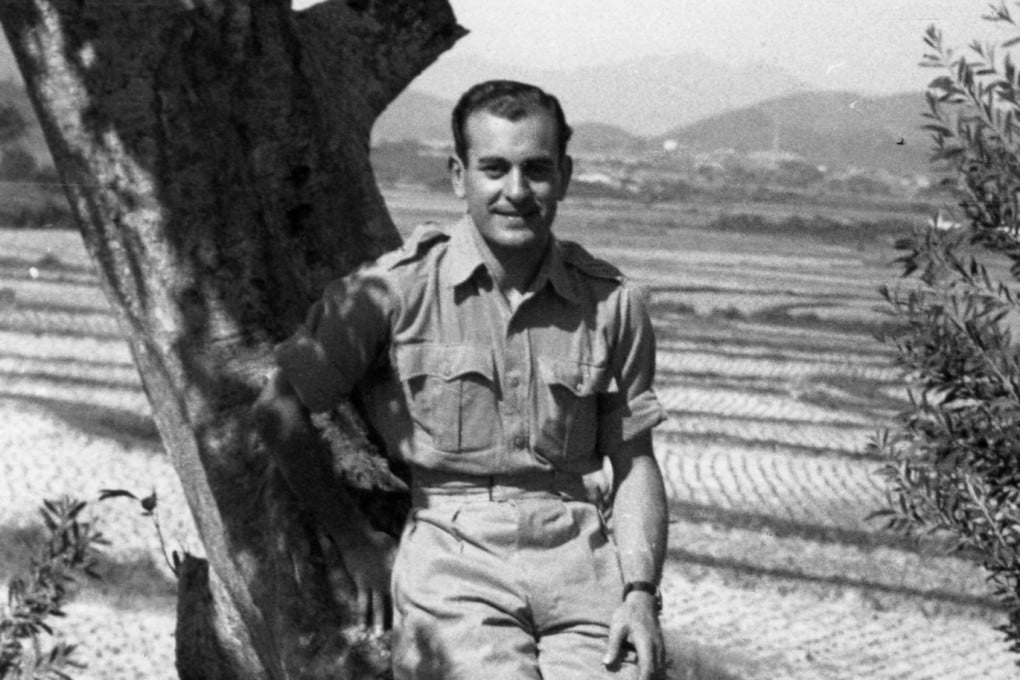Then & Now | The Hong Kong lawyer from city’s Portuguese community whose bravery as a prisoner of war is the stuff of local legend
- Christopher D’Almada e Castro was a distinguished lawyer who commanded the No 5 Portuguese Company MG when the Japanese invaded Hong Kong during World War II
- While in a prisoner of war camp, he assisted intelligence-passing through the British Army Aid Group at great personal risk

In her historical travelogue Hong Kong: Epilogue to an Empire – a series of impressionistic snapshots of the British colony between the 1984 Joint Declaration and the 1997 handover – Jan Morris made note of various long-resident communities.
In particular, she described the local Portuguese community and its wide-ranging contributions to the evolution of Hong Kong society. Various residents were profiled along the way; while tactfully unnamed, these were readily recognisable within their own circle.
Of one man in particular, Morris wrote: “[…] some of them live in an exquisitely civilised style. I think of one distinguished lawyer, whose grandfather came to Hong Kong from Macao in 1842, sitting in his lovely house in the rural New Territories – fronted by an islanded bay, backed by a green mountain – with his four big dogs, his three cats, his fastidious library, his flowers and rare works of Chinoiserie, showing me the scribbled diary he kept when a prisoner of war of the Japanese, together with mementoes of his annual climbing trip to Zermatt, and the famous stamp collection which has made his name known wherever philatelists assemble […]”
A page-note reveals: “It really was his grandfather who came: the grandfather was in his teens, the grandson is in his seventies, and so three generations of D’Almadas have experienced the entire colonial history of Hong Kong.”

The person who fascinated Morris was Christopher D’Almada e Castro.
